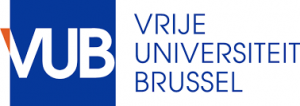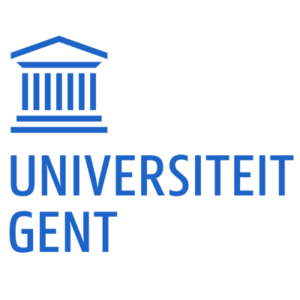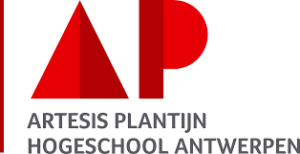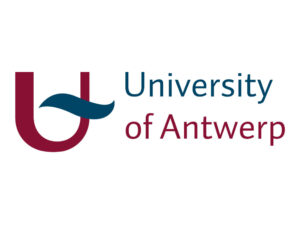Increased youth employability through skilling, innovations, experiential learning and technology transfer
The overall objective is to strengthen the capacity of youth entrepreneurs through innovation and skilling. We will reach them through the university or through organizations specialized on youth and youth unemployment.
Sub-project 5 will strengthen the capacity of the university through the development of training on entrepreneurship and through the strengthening the Centre of Innovations and Technology Transfer.
A see, think, do and care model will be employed to link training, research, innovations and production. Innovative teaching and experiential learning in short vocational entrepreneurship courses will include hands-on skills, coaching, mentorship, feedback, follow-up and twinning with industry/artisans to benefit the youth for gainful employment.
Industrial training will be undertaken through partnership with selected innovation centres, agencies and industry.
Annual hack-a-thons that engage all categories of youth will be run and prototypes developed for commercialisation to respond to pressing demographic challenges.
Datathons will also be run to bring together participants to use their creativity and data science skills to build, test and explore solutions.
A PhD student will be attached to the project to avail datasets for the Datathons and assess their success. This will inform the best applicable models that can be used to effectively skill the Youth.
Female and male youths will be equitably selected and supported with ICT to build teams, self-esteem and pull resources for their business start-ups until apprenticeship maturity. The skilled youth champions will be supported to reach out to other youth as a multiplier effect.
Exhibitions, demonstrations, commercialisation of ideas and an annual youth skilling week will be conducted for technology transfer.
Such a capacity building will systematically benefit the university stakeholders (students, alumni, faculty and staff) and other youth entrepreneurs in the region to develop their ventures.
Surrounded with a multidisciplinary supportive ecosystem, the rate of success of youth entrepreneurs can dramatically increase.









